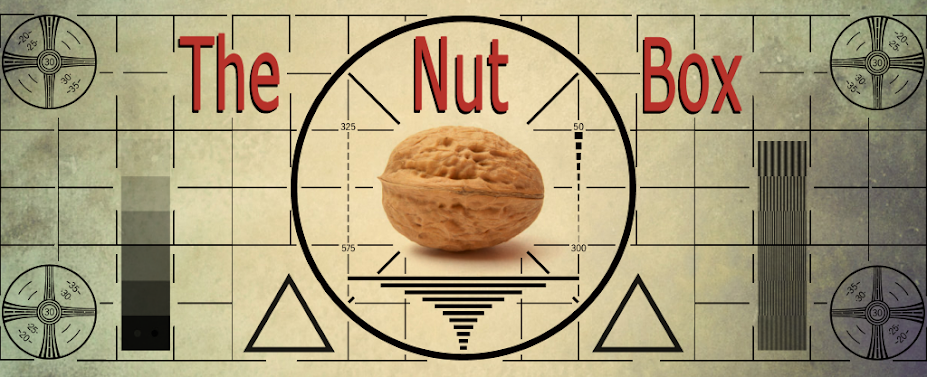The series begins a few years prior to that, though, in 1957. Charmian Powell is an innocent, dependable young woman who holds a steady job and has a strict, controlling father. Ronnie is a part-time petty crook, a Jack the Lad, Jimmy Chancer, etc, and also a bit of a charmer. The inevitable happens.
The journey from youthful innocence to reluctant accomplice avoids pure melodrama. It’s often difficult to sympathise with a criminal and easier to have those feelings for a criminal’s wife, but covering up the truth even for noble reasons is still an immoral act. The series doesn't force you to abandon the judgements you’d naturally have toward that kind of behaviour, so you’re free to dislike Charmian's choices if you choose to and still enjoy the ride.
Sheridan is radiant—when she smiles she lights up the entirety of a scene—but it’s not all smiles and money spending, there’s plenty of tears and hardship too, because they’re on the run from the law every minute of every day. Even when it seems as if they've gotten far enough away, it takes only a knock on the door or a second of doubt to bring it all rushing back to mind.
It drives home the truth that an influx of money doesn't instantly wipe away existing domestic troubles. In some cases it can even cause them. Speaking of truth, the disclaimer at the beginning of each episode tells us that creative licence is in play, so bear that in mind while viewing. However, the real Charmian Biggs was a consultant on the series, so that gives it some credibility.
It’s not the type of series I usually watch, but after taking a chance on one episode there was no way I wasn't seeing it through to the end. It’s a quality Sunday evening style drama that doesn't glamorize its subject matter for extra thrills.
5 episodes, approx 50 minutes each.
4 good runs out of 5




